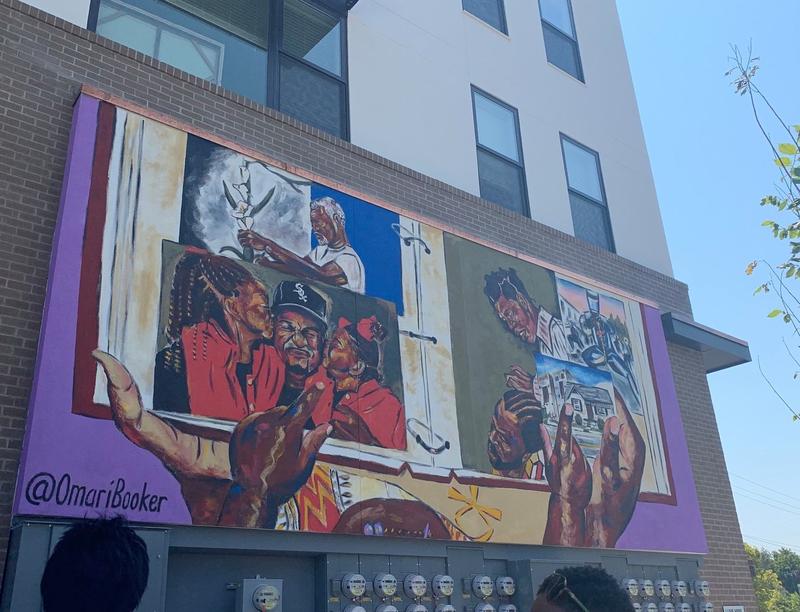
Mayor John Cooper’s office has released a new report outlining nine recommendations to increase affordable housing in Nashville that sets a deadline of 2024 to increase the city’s stock significantly.
Some suggestions are simple, like extra dollars for the Barnes Housing Trust. Others are more innovative, like a new Catalyst Fund that would help real estate buyers quickly close on deals.
The report also recommends that the city find new revenue sources to pay for affordable housing, such as a sales tax increase in the tourism district and an extra $2 per night hotel tax. Metro Council budget and finance chair Kyontzè Toombs says, otherwise, affordable always at risk of getting slashed from the city’s spending plan, because it’s considered a “discretionary” cost.
“We don’t spend enough on affordable housing. We could do more,” she says. “I will say that, you know, things that we’ve tried in the past, before I got on council, have been preempted by the state.”
One suggestion in the report is to find allies in the legislature who will help push for statewide strategies to boost affordable housing.
Other recommendations include:
- Manage affordable housing data better to allow for more informed policy and financial decisions
- Use county-owned lands better to create more public housing or sell it off to generate more revenue for affordable housing
- Expand Metro’s payment in lieu of taxes (PILOT) program to help fund housing developments
- Invest in MDHA’s mixed-income Envision communities and expand the impact of housing vouchers, particularly for very low income and unhoused Nashvillians.
More: Read the full report here.
Before the pandemic, about half of Nashville renters spent more than 30% of their income on rent or mortgage, according to the mayor’s office. The city is on track to face a shortage of 50,000 housing units by 2030.
The mayor has proposed spending more than $30 million on affordable housing in next year’s budget. During his State of Metro address, Cooper recommended:
- $22.5 million for the Barnes Housing Trust
- $3 million for private developers who agree to build affordable housing instead of paying taxes
- $10 million for the Catalyst Fund
- $500,000 to draft a long-term housing plan
For months, the mayor’s office has been meeting with a group of 22 affordable housing experts to chart a path out of Nashville’s affordable housing crisis. The group analyzed not only the current issues facing the city, but also the legacy racial segregation, from redlining to the interstate built through Jefferson Street to the impact of the 2008 foreclosure crisis on communities of color.
In addition to racial equity, the group set out to find solutions that prioritize innovation, accessibility and resilience. They wanted to ensure that affordable housing would be easy to reach, available to those who truly need it and protected from changing circumstances, whether that be a natural disaster or an evolving housing market.
“Nashville must be a city that works for everyone,” Cooper said in a statement. “And — in a city that works for everyone — everyone who works here should be able to live here.”
Ambriehl Crutchfield contributed to this report.

